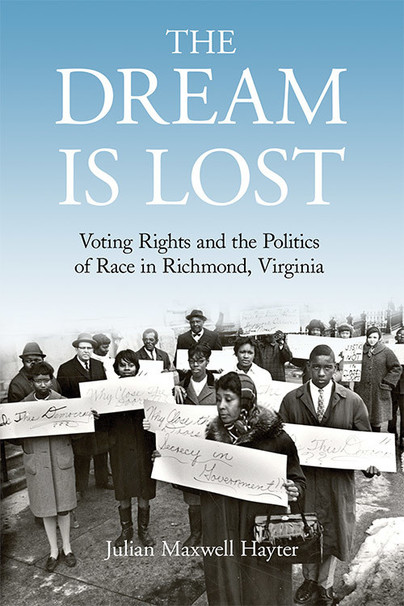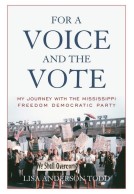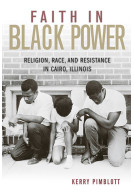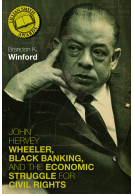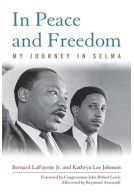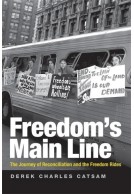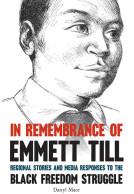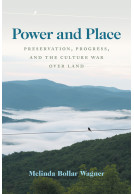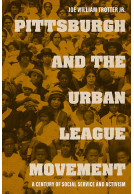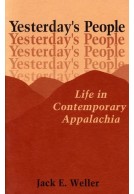The Dream Is Lost (Paperback)
Voting Rights and the Politics of Race in Richmond, Virginia
Imprint: University Press of Kentucky
Series: Civil Rights and the Struggle for Black Equality in the Twentieth Century
Pages: 360
Illustrations: 13 b/w photos, 26 tables, 1 figure
ISBN: 9780813178462
Published: 17th September 2019
Script Academic & Professional
Series: Civil Rights and the Struggle for Black Equality in the Twentieth Century
Pages: 360
Illustrations: 13 b/w photos, 26 tables, 1 figure
ISBN: 9780813178462
Published: 17th September 2019
Script Academic & Professional
You'll be £27.00 closer to your next £10.00 credit when you purchase The Dream Is Lost. What's this?
+£4.99 UK Delivery or free UK delivery if order is over £40
(click here for international delivery rates)
Need a currency converter? Check XE.com for live rates
(click here for international delivery rates)
Need a currency converter? Check XE.com for live rates
Once the capital of the Confederacy and the industrial hub of slave-based tobacco production, Richmond, Virginia has been largely overlooked in the context of twentieth century urban and political history. By the early 1960s, the city served as an important center for integrated politics, as African Americans fought for fair representation and mobilized voters in order to overcome discriminatory policies. Richmond's African Americans struggled to serve their growing communities in the face of unyielding discrimination. Yet, due to their dedication to strengthening the Voting Rights Act of 1965, African American politicians held a city council majority by the late 1970s.
In The Dream Is Lost, Julian Maxwell Hayter describes more than three decades of national and local racial politics in Richmond and illuminates the unintended consequences of civil rights legislation. He uses the city's experience to explain the political abuses that often accompany American electoral reforms and explores the arc of mid-twentieth-century urban history. In so doing, Hayter not only reexamines the civil rights movement's origins, but also seeks to explain the political, economic, and social implications of the freedom struggle following the major legislation of the 1960s.
Hayter concludes his study in the 1980s and follows black voter mobilization to its rational conclusion -- black empowerment and governance. However, he also outlines how Richmond's black majority council struggled to the meet the challenges of economic forces beyond the realm of politics. The Dream Is Lost vividly illustrates the limits of political power, offering an important view of an underexplored aspect of the post--civil rights era.
Other titles in the series...
Other titles in University Press of Kentucky...







